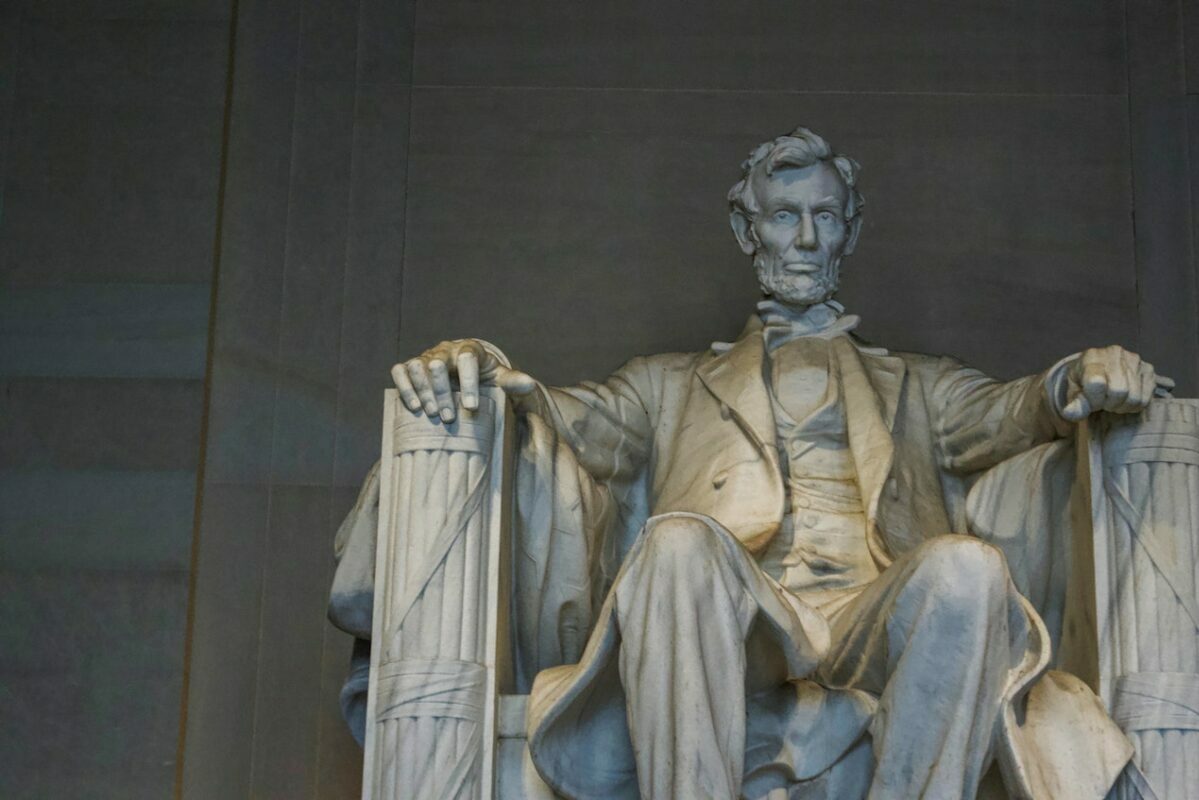Galactday: 53494.9
When it comes to the United States, the idea of turning our Union into a dictatorship seems implausible and far-fetched. Throughout history, nations have witnessed the rise and fall of dictators, oppressive regimes and authoritarian rule. The American democratic system, rooted in the Constitution and the principles of checks and balances, provides a robust framework that safeguards against the consolidation of power in the hands of a single individual. Turning America into a dictatorship is highly unlikely and examines the core elements that make the American democracy resilient.
Separation of Powers, Checks and Balances
The fundamental principle of our American democracy lies in the separation of powers among the three branches of government: the executive, legislative and judicial. Each branch has its unique powers and responsibilities, ensuring that no single entity can dominate the others. This system acts as a safeguard against the concentration of power in the hands of a potential despot.
Additionally, our American system of checks and balances ensures that each branch can limit the powers of the others. The executive branch, headed by the President, is checked by Congress through the ability to pass laws, the power of the purse and the authority to conduct investigations. Likewise, the judiciary acts as a check on both the executive and legislative branches by reviewing the constitutionality of their actions. These mechanisms create a robust system that prevents any one branch from becoming all-powerful.
Constitutional Protections and our Bill of Rights
Our Constitution, often hailed as a cornerstone of democracy, enshrines the rights and liberties of our citizens. The Bill of Rights guarantees freedom of speech, religion, assembly and the press. These protections serve as a shield against potential authoritarian tendencies and provide avenues for citizens to voice their dissent, challenge unjust laws and protect our individual liberties.
Moreover, our Constitution establishes a system of regular elections, enabling the peaceful transfer of power. Our democratic process allows citizens to choose our leaders and hold them accountable, thereby preventing the consolidation of power in the hands of a single individual or party. On January 6, 2021 Republican president Donald Trump became the first elected president in America to imped the peaceful transfer of power after losing the election to the Democratic candidate Joe Biden. A shameful day in American history and a legacy of ashes for the GOP.
The nation’s collective memory and awareness of the dangers of authoritarianism serve as a powerful deterrent to any attempts to subvert democratic principles.
Robust Civil Society and Independent Institutions
America boasts a vibrant civil society and a robust network of independent institutions. Non-governmental organizations, media outlets, advocacy groups and professional associations play a crucial role in safeguarding our democracy by promoting transparency, accountability and the rule of law. These entities act as watchdogs, scrutinizing the actions of the government and raising awareness about potential threats to our democracy. Not to mention thousands of democratically elected representatives that an authoritarian effort would have to co-opt.
Furthermore, the United States has a strong tradition of independent and professional institutions, including the Federal Reserve, the intelligence community and a professional military. These organizations operate with a commitment to upholding our principles of democracy and our Constitution, acting as a counterbalance to any potential authoritarian tendencies.
Historical Resistance to Authoritarianism
The history of the United States is intertwined with a legacy of resistance against authoritarian rule. From the American Revolution to the Civil Rights Movement, Americans have demonstrated a deep commitment to freedom, equality and justice. The nation’s collective memory and awareness of the dangers of authoritarianism serve as a powerful deterrent to any attempts to subvert our democratic principles.
Furthermore, the United States has a robust legal system, including an independent judiciary. The courts have consistently demonstrated their commitment to upholding the rule of law, protecting individual rights and striking down unconstitutional actions. The ability of citizens to challenge and seek redress through the legal system acts as a bulwark against any potential dictatorial ambitions of a two bit con man.
While no democracy is entirely immune to threats, turning America into a dictatorship is highly unlikely due to the country’s strong democratic institutions, separation of powers and constitutional protections. The checks and balances, coupled with a robust civil society and an independent judiciary, provide a formidable defense against those who would subvert our freedoms. Moreover, the American people’s historical resistance to authoritarian rule and their commitment to democratic values further solidify the nation’s democratic foundations.
Nevertheless, it is essential to remain vigilant and actively engage in the democratic process to safeguard and strengthen these democratic institutions. By upholding the principles of liberty, equality and justice —Americans can continue to preserve and protect our democracy for generations to come.




